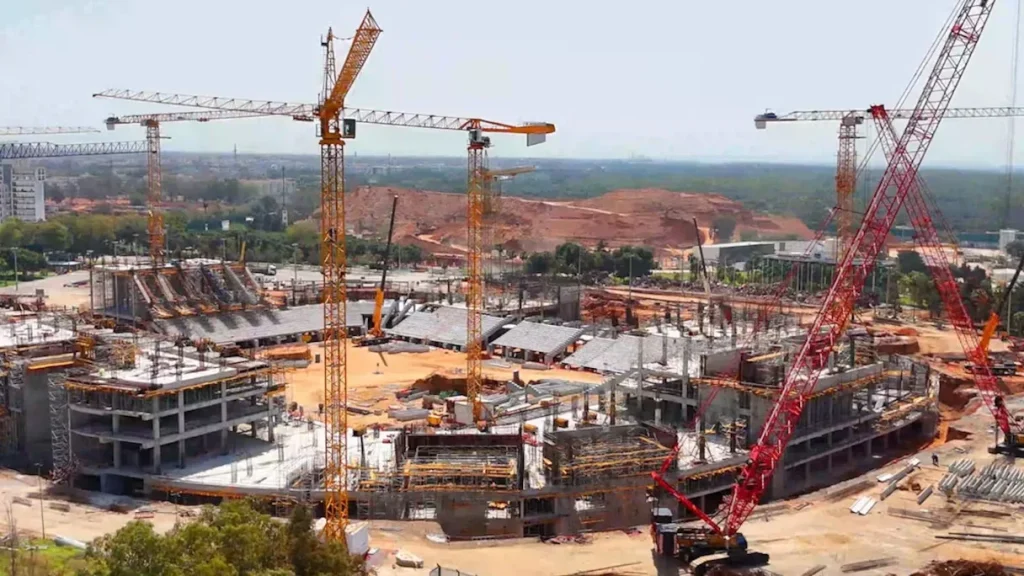Morocco has raised €2 billion ($2.2 billion) through a euro-denominated bond sale, exceeding initial expectations by €500 million. This was the country’s first eurobond issuance since 2020, attracting over €6.75 billion in total bids. The strong investor interest highlights growing confidence in Morocco’s economy.
The bond sale was structured in two parts. The four-year bond was priced at 155 basis points over midswaps, lower than the initial guidance of 190 basis points. The 10-year bond settled at 215 basis points above midswaps, also tighter than expected. BNP Paribas, Citigroup, Deutsche Bank, and JPMorgan Chase served as bookrunners, while Lazard acted as the financial adviser.
Focus on Euro Financing
Finance Minister Nadia Fettah Alaoui recently stressed Morocco’s shift toward euro financing. Speaking at an event in AlUla, Saudi Arabia, she highlighted the country’s need for euros over dollars. Morocco’s existing euro bonds, maturing in March 2026, have seen yields drop by nearly one percentage point since early 2025, reaching 3.03/percent in February.
Funding Major Projects and World Cup Preparations
The funds will support Morocco’s ambitious infrastructure projects and preparations for the 2030 FIFA World Cup, which it will co-host with Spain and Portugal. According to government data, total spending through 2035 is expected to exceed $35 billion. This figure includes reconstruction efforts after the 2023 earthquake.
Planned projects include expanding railways, modernizing airports, upgrading road networks, and developing deep-sea ports. Investments will also target renewable energy, especially in green hydrogen and desalination plants. These initiatives align with Morocco’s vision of becoming a regional economic hub.
Stronger Financial Stability
The bond issuance follows Morocco’s renewal of a flexible credit line from the International Monetary Fund (IMF). This line provides a safety net against external financial shocks. Mark Bohlund, a senior credit analyst at Redd Intelligence, noted that this support helped lower borrowing costs and stabilized the economy.
Global and Regional Support
Morocco’s investment plans have gained international backing. On February 27, World Bank Vice President for the Middle East and North Africa, Ousmane Dione, met with Budget Minister Fouzi Lekjaa in Rabat. They discussed how planned investments could drive long-term economic growth.
Earlier in February, the Arab League’s Economic and Social Council called on member states to support Morocco’s World Cup preparations. This was followed by a December 2024 pledge from the Gulf Cooperation Council (GCC). Secretary-General Jassim Muhammad Al-Budaiwi reaffirmed the GCC’s commitment to assisting Morocco’s efforts.
Positive Market Position
Morocco maintains the highest non-investment grade rating from major credit agencies. The country’s strong reputation has enabled it to attract international investors despite global market challenges. In 2023, Morocco raised $2.5 billion through a dollar-denominated bond sale, demonstrating continued market confidence.
The latest eurobond sale coincides with the central bank’s second consecutive interest rate cut. This move aims to ease local borrowing costs and encourage domestic investment. By taking these steps, Morocco continues to strengthen its financial position and build momentum for long-term growth.


